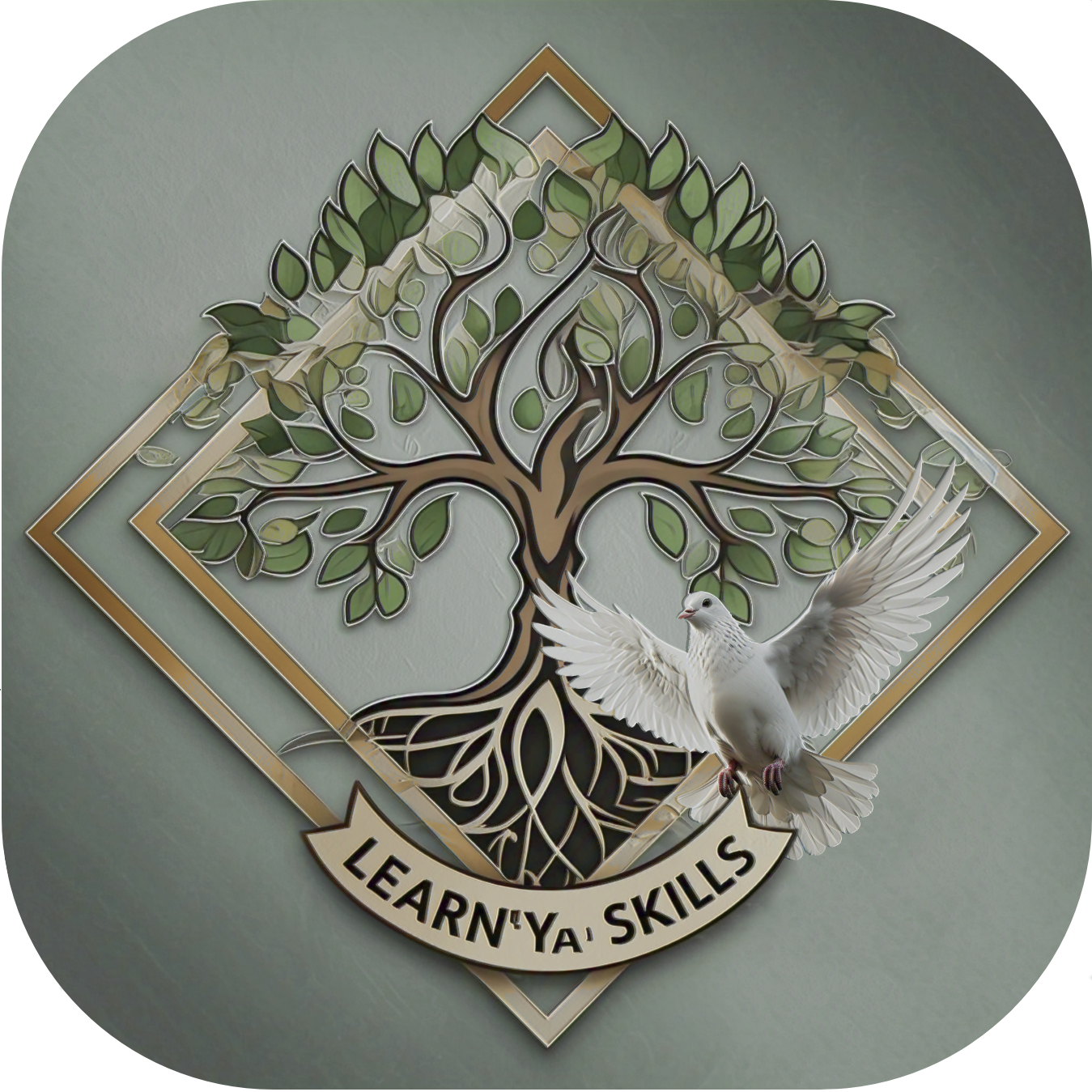Mastering Problem Solving – Techniques, Processes, and Tools
R200
This course is designed to equip learners with a comprehensive set of problem-solving strategies, skills, and tools essential for personal and professional success. Participants will learn to analyze challenges systematically, generate innovative solutions, and apply a structured approach to continuous improvement. Through a blend of theory, practical examples, and hands-on activities, learners will gain confidence in their ability to address real-world issues effectively.
Description
Mastering Problem Solving – Techniques, Processes, and Tools
Purpose
This course is designed to equip learners with a comprehensive set of problem-solving strategies, skills, and tools essential for personal and professional success. Participants will learn to analyze challenges systematically, generate innovative solutions, and apply a structured approach to continuous improvement. Through a blend of theory, practical examples, and hands-on activities, learners will gain confidence in their ability to address real-world issues effectively.
Rationale
In today’s fast-paced and ever-changing environment, effective problem solving is a critical competency. This course addresses the need for structured, strategic thinking in the face of everyday challenges and complex issues alike. By integrating proven methodologies such as critical thinking, creative techniques, step-by-step processes, and the use of modern digital tools, Mastering Problem Solving – Techniques, Processes, and Tools transforms obstacles into opportunities for innovation and growth. Learners will develop both analytical and interpersonal skills that not only solve problems but also drive continuous personal and organizational improvement.
Target Audience
This course is ideal for professionals, managers, team leaders, and students who wish to enhance their problem-solving abilities. It is equally beneficial for those seeking to:
- Improve decision-making and critical thinking skills.
- Enhance creativity to discover innovative solutions.
- Apply systematic approaches to overcome personal and professional challenges.
- Leverage modern digital tools and methodologies for continuous learning.
Participants should have a basic understanding of their current work or study environments and a desire to implement structured problem-solving strategies for measurable outcomes.
Course Layout
The course is organized into six modules, each corresponding to one of the six chapters developed from the source content. Each module is structured with a clear purpose and key topics to ensure that learners achieve tangible results.
Module 1: Introduction to Problem Solving
Module Purpose: To establish a foundational understanding of problem solving by defining the concept, exploring multiple perspectives, and recognizing its benefits in both personal and professional contexts.
Key Topics Covered:
- Definitions and various perspectives of problem solving
- The significance of problem solving in decision-making, creativity, and leadership
- Real-world examples illustrating personal and workplace benefits
- Visualizing problem-solving processes through diagrams and flowcharts
- Reflective activities to assess individual approaches
Module 2: Core Problem Solving Skills
Module Purpose: To develop the essential cognitive, emotional, and interpersonal skills required for effective problem solving.
Key Topics Covered:
- Critical Thinking: Evaluating information and making informed decisions
- Creativity: Generating innovative, out-of-the-box solutions
- Analytical Skills: Gathering and synthesizing data to uncover causes
- Decision-Making: Weighing options to select optimal courses of action
- Communication: Articulating ideas clearly and collaborating effectively
- Resilience and Adaptability: Managing setbacks and adjusting strategies
- Collaboration: Leveraging diverse perspectives in team settings
- Emotional Intelligence: Understanding and managing personal and others’ emotions
Module 3: Essential Problem Solving Techniques
Module Purpose: To introduce structured methods and tools that enable the systematic application of problem solving techniques in various scenarios.
Key Topics Covered:
- Brainstorming: Generating a diverse range of ideas without immediate judgment
- Root Cause Analysis (RCA): Identifying the underlying causes of problems
- The 5 Whys: Iteratively asking why to reveal the core issue
- SWOT Analysis: Evaluating strengths, weaknesses, opportunities, and threats
- Mind Mapping: Visually organizing ideas and establishing connections
- Pareto Analysis: Prioritizing issues according to their impact (80/20 Rule)
- Design Thinking: Employing a human-centered, iterative approach to innovation
- Pro/Con Analysis: Weighing advantages and disadvantages for balanced decision-making
Module 4: Step-by-Step Problem Solving Guide
Module Purpose: To provide a detailed, eight-step process for systematically addressing and resolving problems, ensuring consistency and continuous improvement.
Key Topics Covered:
- Step 1: Define the Problem: Clarifying the issue and aligning stakeholders
- Step 2: Gather and Analyze Information: Collecting and evaluating relevant data
- Step 3: Generate Possible Solutions: Brainstorming potential approaches
- Step 4: Evaluate and Prioritize Solutions: Using decision tools to assess feasibility and impact
- Step 5: Develop an Action Plan: Creating a detailed implementation strategy
- Step 6: Implement the Solution: Executing the plan with effective communication
- Step 7: Monitor and Evaluate the Results: Tracking outcomes via KPIs and feedback
- Step 8: Reflect and Learn: Documenting lessons learned for future improvement
Module 5: Practical Examples & Case Studies
Module Purpose: To illustrate the application of problem-solving theories and techniques through real-world examples and case studies, enabling learners to see the impact of these strategies in action.
Key Topics Covered:
- Case Study 1: Enhancing Customer Satisfaction: Analyzing and resolving customer service challenges in a retail setting
- Case Study 2: Innovative Product Launch in a Startup: Applying SWOT analysis and design thinking to launch a new technology product
- Group and Individual Activities: Exercises designed to apply problem-solving techniques to real or hypothetical challenges
- Discussion and Reflection: Presenting findings, comparing methodologies, and drawing actionable insights
Module 6: Tools and Resources for Continued Learning
Module Purpose: To provide learners with a curated set of digital tools, literature, and interactive resources that support ongoing problem-solving skill development and lifelong learning.
Key Topics Covered:
- Digital Tools: Mind mapping software (e.g., MindMeister, XMind), project management applications (e.g., Trello, Asana), and data analysis tools (e.g., Excel, Tableau)
- Interactive Simulations: Online platforms offering scenario-based learning experiences
- Further Reading: Recommended books and articles for deepening problem-solving knowledge
- Educational Portals: Websites and academic journals that offer courses, tutorials, and webinars
- Continuous Improvement Strategies: Methods for integrating and applying new tools and resources into daily practice
Conclusion
This course outline for Course: Mastering Problem Solving – Techniques, Processes, and Tools ensures that learners not only acquire theoretical knowledge but also engage in practical, hands-on activities that foster real-world problem-solving capabilities. The structured approach—from foundational concepts through advanced techniques and continuous learning—prepares participants to turn challenges into opportunities for innovation and growth.






